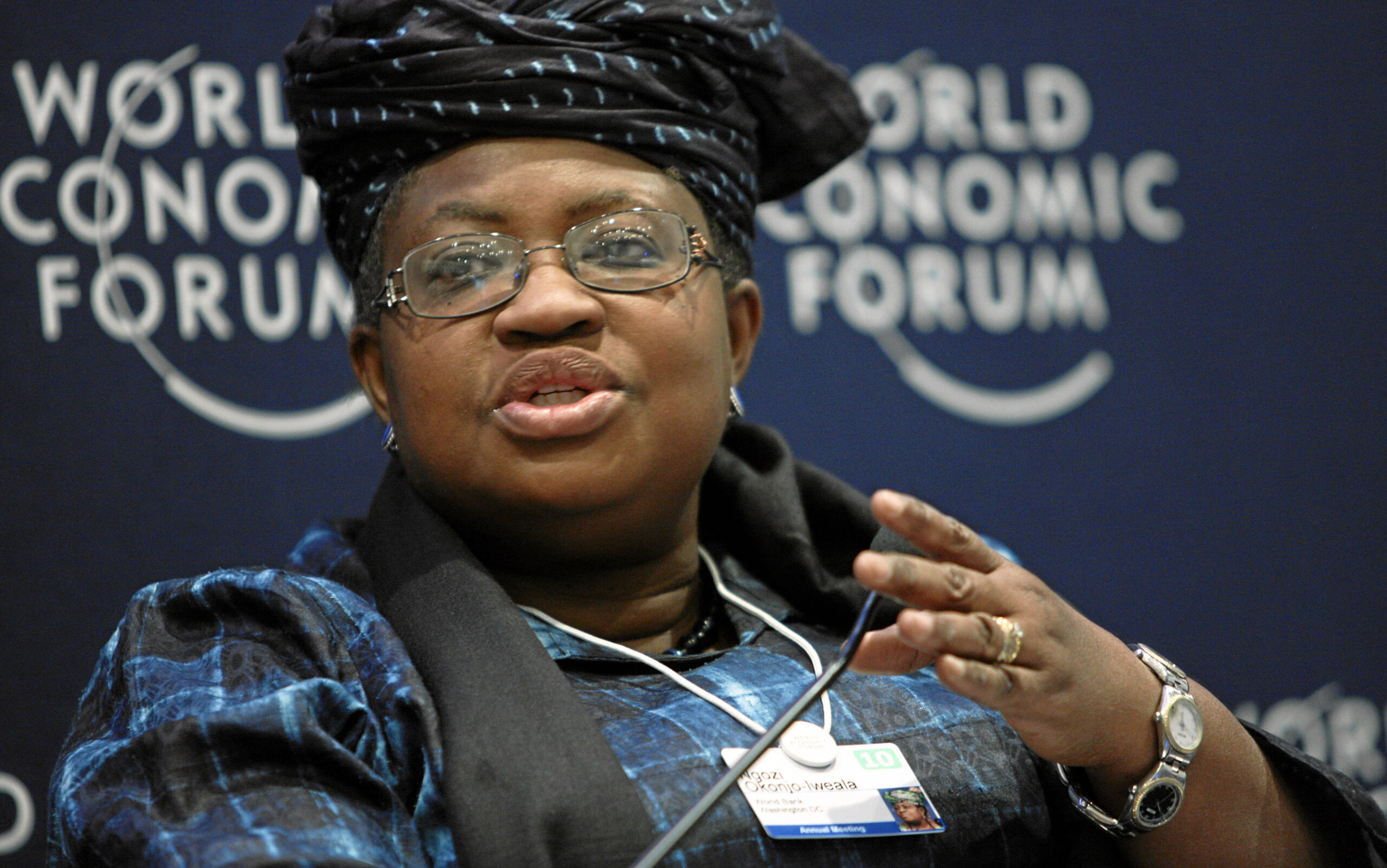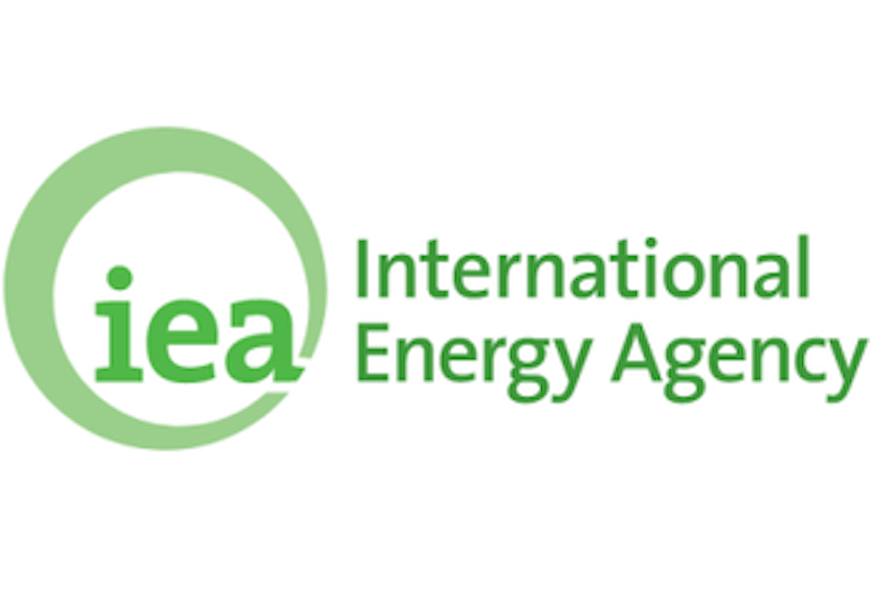Nigeria’s economic growth has been steadily declining since 2014, with its Gross Domestic Product (GDP) showing negative trends, according to Ngozi Okonjo-Iweala, Director-General of the World Trade Organisation (WTO).
Speaking at the annual General Conference of the Nigerian Bar Association (NBA) on Sunday, Okonjo-Iweala highlighted the economic challenges facing Nigeria, noting a significant reversal in the country’s economic trajectory compared to the preceding decade.
A Decade of Growth Reversed
Okonjo-Iweala pointed out that between 2000 and 2014, Nigeria’s average GDP growth rate was around 3.8 per cent, which outpaced the nation’s population growth rate of 2.6 per cent. This period of growth contributed to an improvement in the standard of living for many Nigerians. However, since 2014, Nigeria’s GDP growth has turned negative, averaging -0.9 per cent annually, which indicates that the economic well-being of the average Nigerian has deteriorated.
“Many of the significant challenges that the NBA is addressing today can be traced back to Nigeria’s inability to sustain economic growth and development rates that exceed population growth. We have experienced periods of reform and accelerated economic growth that were not solely dependent on oil prices. Unfortunately, we have failed to build on these gains, resulting in diminished job prospects and overall human well-being,” said Okonjo-Iweala.
Policy Consistency Is Key
To reverse this trend, Okonjo-Iweala stressed the importance of maintaining sound economic policies regardless of the administration or political party in power. She attributed the downturn to inconsistent policies that have undermined economic progress.
“A social contract between the government and the people, transcending political affiliations, is essential,” Okonjo-Iweala suggested. “This contract should establish widely accepted economic policies that will be adhered to, regardless of who holds power. Consistency in good economic and social policies, along with additional reforms, will put us on the path to the progress we all desire.”
Current Economic Challenges
Nigeria’s GDP growth rate recently dropped to 2.98 per cent in the first quarter of 2024, down from 3.46 per cent in the fourth quarter of 2023, according to the National Bureau of Statistics (NBS). Although this figure is higher than the 2.31 per cent recorded in the corresponding quarter of 2023, it still reflects the ongoing economic struggles.
GDP measures the total economic output of a country and serves as an indicator of economic health. Nigeria’s economic growth has faced numerous obstacles over the past decade, including low export levels, declining oil revenues—which account for about 90 per cent of the nation’s income—and various other economic challenges.
Future Economic Outlook
President Bola Tinubu has expressed his ambition to elevate Nigeria’s economy to the $1 trillion mark. However, economic analysts remain sceptical, citing high inflation, low employment rates, and rising national debt as significant barriers to achieving this goal.
Okonjo-Iweala’s observations bring to the fore the urgent need for Nigeria to adopt and maintain consistent economic policies that will foster growth and improve the standard of living for its citizens. Without a strategic and unified approach, the country’s economic challenges may continue to hinder its progress.























